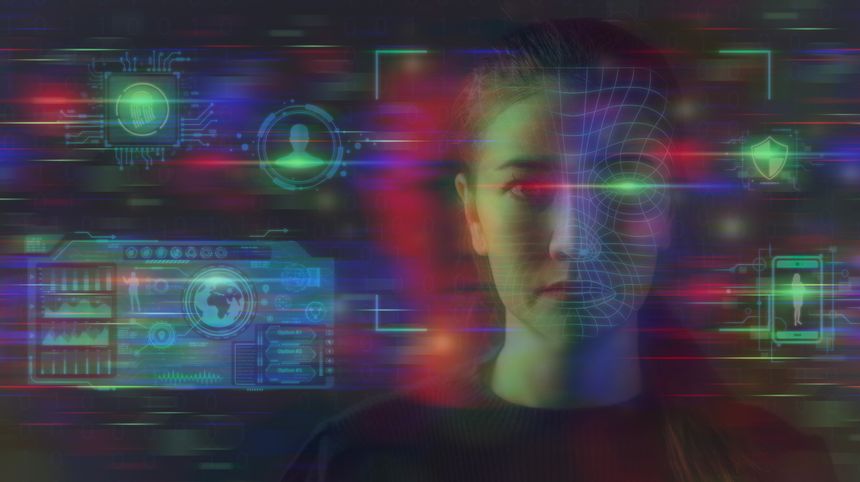In a significant move to further combat online abuse, the UK government has announced plans to criminalise the creation and sharing of sexually explicit deepfake images, in the forthcoming Crime and Policing Bill. The new offences aim to protect individuals from the growing threat of image-based abuse facilitated by advanced AI technologies.
What are deepfakes?
Deepfakes are highly realistic images, videos, or audio clips created using AI to manipulate existing media. These can be used to create fake pornographic content by superimposing someone's face onto explicit material without their consent. The rise of deepfake technology has made it easier for malicious individuals to produce and distribute such content, causing severe emotional and psychological harm to the victims.
Key aspects of the new offences
Full details of the new offences and a timeline of when we can expect enforcement is yet to be announced, but the government has indicated the new measures will include the following criminal offences:
- Non-consensual recording: 'Taking or recording an intimate photograph or film without consent or reasonable belief that consent has been given.'
- Intent to cause alarm, distress or humiliation: 'Taking or recording an intimate photograph or film without consent and with intent to cause alarm, distress or humiliation.'
- Purpose of sexual gratification: 'Taking or recording an intimate photograph or film without consent or reasonable belief that consent has been given, and for the purpose of the sexual gratification of oneself or another.'
- Enabling offences: 'Installing or adapting, preparing or maintaining equipment, and doing so with the intent of enabling the commission of any of the three offences of taking an intimate image without consent.'
The new offences build on existing laws which were strengthened by the Online Safety Act 2023 (OSA) and made sharing intimate images priority offences under the OSA (see here). The new offences now go further to deal with the creation of intimate images without consent, and will only apply to images of adults, as the law already covers this behaviour where the image is of a child. Offenders could face up to two years in prison.
Challenges ahead for tech companies
UK Technology Minister, Margaret Jones, has pointed out the responsibilities of tech companies here, and has suggested that platforms hosting abusive content will face tougher scrutiny and significant penalties if they fail to remove such material. This puts the onus on platforms to remove such content or face enforcement action by Ofcom.
However, there are still potential and obvious challenges with enforcement as deepfake technology is advancing rapidly, making it increasingly difficult for law enforcement to identify and prosecute offenders. Many unethical AI services operate on the dark web or through encrypted channels which naturally complicates efforts to track down perpetrators.
It's now for tech companies and their security teams to proactively adapt strategies to prioritise monitoring practices for these emerging threats, to protect users from online abuse.
By criminalising the creation and sharing of these images, the government is doubling down on sending a clear message that such behaviour is unacceptable and will be met with severe consequences. However, the success of these measures will depend on effective enforcement and the co-operation of tech companies and platforms in rooting out and swiftly removing abusive content.
